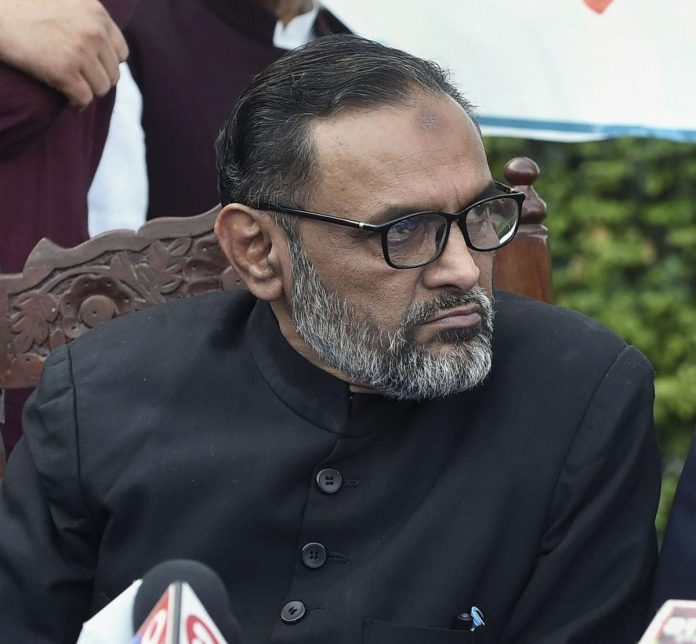New Delhi: The All India Muslim Personal Law Board (AIMPLB) has raised strong objections to the ongoing approach of the Joint Parliamentary Committee (JPC) reviewing proposed amendments to the Waqf Act. The AIMPLB, echoing concerns from Opposition MPs, criticised the committee chair for allegedly bypassing established norms and seeking inputs from groups with no direct connection to Waqf matters, reports The Hindu.
AIMPLB spokesperson S.Q.R. Ilyas expressed disapproval of the JPC’s decision to include input from Union Ministries, the Archaeological Survey of India (ASI), and groups linked to the Rashtriya Swayamsevak Sangh (RSS).
He argued that these entities lack the required “locus standi” on the subject and urged the JPC to consult only those with legitimate involvement in Waqf affairs. Ilyas emphasised that the panel should avoid submitting its recommendations hastily and instead focus on a comprehensive dialogue with actual stakeholders.
The concerns come amidst rising dissatisfaction within the opposition ranks, with several MPs threatening to disassociate from the JPC over what they describe as “unilateral decisions” by its chair, Jagdambika Pal. Opposition members have reportedly conveyed their frustration to the Lok Sabha Speaker, citing lack of fair discussion opportunities within the JPC.
Additionally, the AIMPLB criticised the JPC’s involvement in “local issues,” particularly pointing to a recent meeting between the JPC and BJP leaders in Karnataka.
“The JPC’s focus should remain on national Waqf matters, not regional disputes,” said Ilyas, warning that addressing local conflicts, such as those in Karnataka or the Bhojshala case in Madhya Pradesh, could open the floodgates for unrelated grievances.
The Waqf Amendment Bill, 2024, which was introduced in Parliament earlier this year, has been a point of contention, drawing widespread opposition and subsequently leading to its referral to the JPC for further examination. AIMPLB and other Muslim organisations have argued that their objections should be seriously considered and that the JPC should adhere strictly to guidelines, ensuring that unrelated groups are excluded from discussions.
The AIMPLB’s call for transparency and inclusion came just after Jamaat-e-Islami Hind submitted a comprehensive 63-page document to the JPC. Jamaat leaders refuted claims made in the Bill that women and Pasmanda Muslims face inadequate representation in Waqf Boards, advocating for reforms without jeopardising community representation.
The AIMPLB has reaffirmed that any amendments to the Waqf Act must follow a careful, inclusive process to avoid unnecessary tension, asserting that “no changes in the Waqf Act will be accepted without thorough consultation.”




